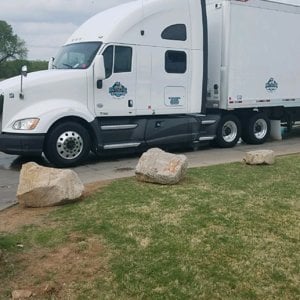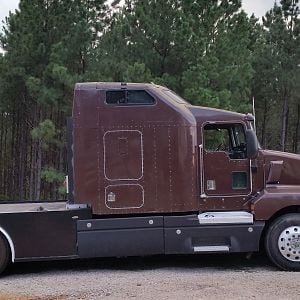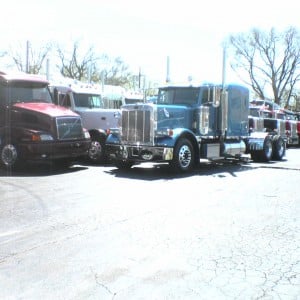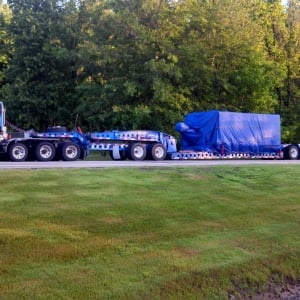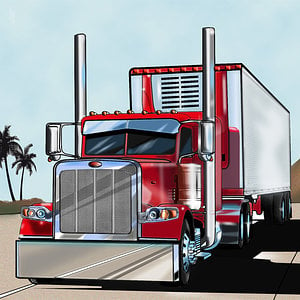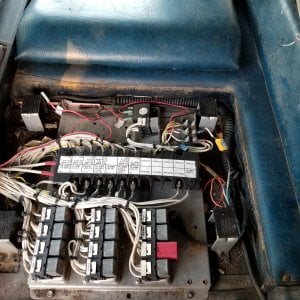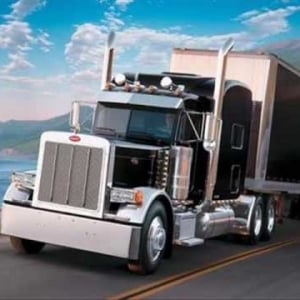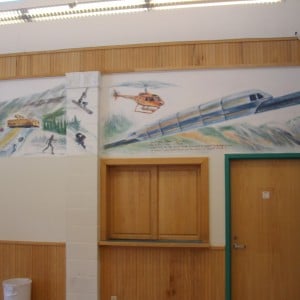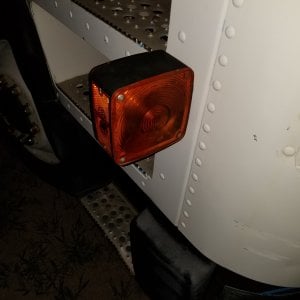Mike
Well-Known Member
Tire technology is constantly evolving, and tire price is constantly increasing. For someone buy an old used truck, tire condition can greatly impact the possibility of a sale simply due to the known cost of fitting the truck with new tires.
That said, and while I don't keep up with it much, where is the technology on recaps? Would you consider recaps as opposed to new rubber on your drives? Trailer?
Sure, upfront cost, recaps can save you money. That said, where is the overall cost? Do you come out ahead at all with recaps these days?
Bonus question, not part of the poll: Are you someone that has their own casings capped? Are you seeing increased savings by doing this, or just more comfort in knowing how the casings have been treated?
That said, and while I don't keep up with it much, where is the technology on recaps? Would you consider recaps as opposed to new rubber on your drives? Trailer?
Sure, upfront cost, recaps can save you money. That said, where is the overall cost? Do you come out ahead at all with recaps these days?
Bonus question, not part of the poll: Are you someone that has their own casings capped? Are you seeing increased savings by doing this, or just more comfort in knowing how the casings have been treated?



